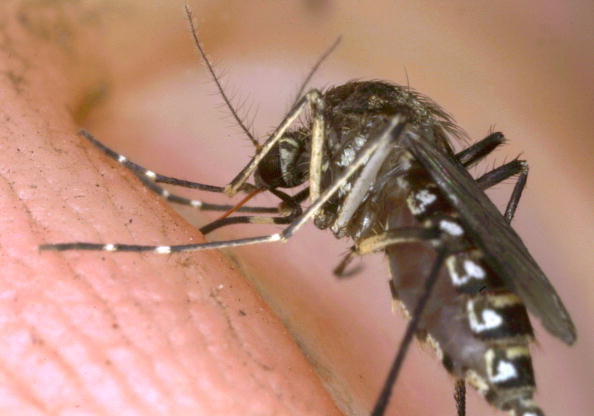
Dengue Hemorrhagic Fever is a potentially deadly disease that is prominent in tropical countries. It still has no known cure or vaccine yet but a new finding from scientists at the Vanderbilt University and the National University of Singapore could apparently be the solution to this epidemic. They were able to determine the structure of a human antibody which can fight the virus.
This new discovery could pave way for the development of a dengue vaccine that could benefit many nations. In the study published in the journal Science, the scientists have found that a human monoclonal antibody has the ability to neutralize the dengue virus.
They were able to use it in their animal model. This could lead to the first possible effective therapy and vaccine against the dengue virus.
"Scientists in the antibody discovery group of the Vanderbilt Vaccine Centre continue to make great strides in developing novel antiviral drugs, such as this human antibody that not only kills dengue virus but also prevents enhanced dengue disease," co-corresponding author James Crowe Jr. told Times of India.
Dengue is one of the major causes of death in tropical countries with around 400 million infections every year. Normally, this virus is carried by the Aedes mosquito. However, until today, there is still no known cure for the disease unless it will be prevented early on.
The said virus has four stereotypes (DENV-1, DENV-2, DENV-3 and DENV-4). The common symptoms of dengue fever include high fever, body pain, headache, vomiting, petechiae rash, bleeding and joint pain. However, if you were infected with one stereotype of the virus, the body will create the antibodies just for that type and the person is not safe against the other three types, reports The Silver Ink.
The vaccine to be created will target all four stereotypes of the virus. The researchers used the most common stereotype of the virus in the laboratory and created antibodies against the viral envelope.
Will this end this deadly epidemic? They are now looking for ways to initiate the development of the vaccine and possibly, other treatment options.
